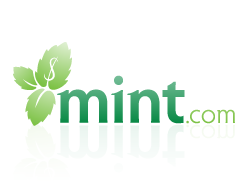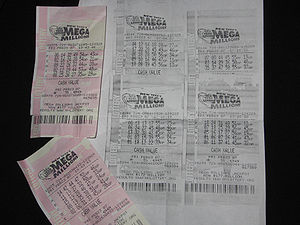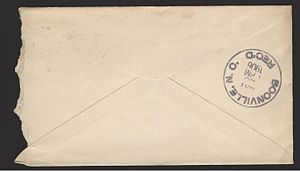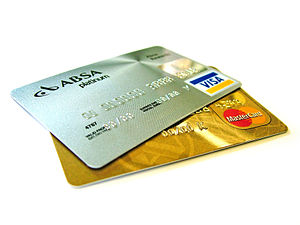
We have several different personalities who will be contributing to Dealy Planet, but I wanted to start out talking about my recent attempts to get my own finances organized. Like many, I procrastinated.about this, telling myself I’d get organized when I had some money.
Then I realized one simple truth. If I didn’t get organized, I’d never have any money. You can’t instinctively keep track of your finances. Well, maybe YOU can…but I can’t. So, as the title says…Start With Mint.
Mint is a web-based personal finance management service available in the United States and Canada, and is a subsidiary of Intuit, best known for Quicken products. Intuit acquired Mint in 2009. The site has over five million users. Mint is free, earning commissions on financial products it recommends, and is committed to remaining free.
Signing up for Mint is easy. Then, you can provide it with account information for your various financial institutions and it will pull all of this information into a single interface. The service is designed to be read-only, and thus it cannot move funds, and is highly encrypted for security, so it is at least as safe as your bank’s website.
It imports your transactions and automatically categorizes them. This is not perfect, but you can set up rules to automatically make tweaks, and you may also manually adjust transactions. For example, I manually change my Amazon transactions to separate them into various categories, such as Electronics, Books, etc. I want to know how much I am spending on each of these things.
It also helps by offering alerts that supplement my bank alerts. Some of my creditors don’t bother to send me alerts. I actually recently abandoned a bank that didn’t send me a single alert for three years, even to tell me my statement was ready. I’d rather have too many alerts than too few. And I can adjust those.
Once you have all this, you can start setting up Budgets to try and keep better control of your money. Mint also offers Goals, a newer feature I haven’t taken much advantage of, but have played with. I suppose all my goals are in place.
There are some complaints about Mint. Many of them are par for the course for any company, and some claim they have slowed down their innovation since Intuit acquired them. However, they did just recently add in a feature many people had been demanding. Cash and Check Tracking. You can enter your cash spending when you return to your computer, and even deduct it from your last ATM withdrawal. Support for entering it on the go is available on iPhone and pending on Android You can also track Pending Transactions, which Mint will try to reconcile when the charges actually post.
Mint is also beta-testing a formal bill tracking feature that allows users to track multiple bills in one location and set up reminders. Mint already offers this for credit card bills, but this adds support for other types of bills. None of these are wildly new ideas, but putting all of these things together creates one powerful package.
So, open up a Mint account. Hopefully it works for you, as some people have had trouble linking it to some financial institutions. But if it works, it is the best tool out there for what it does. We tried to find an alternative, but so far…nothing offers what Mint does.











